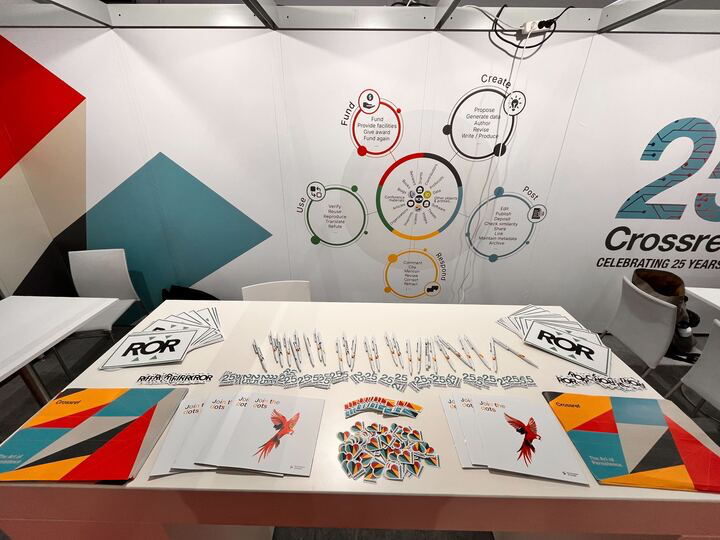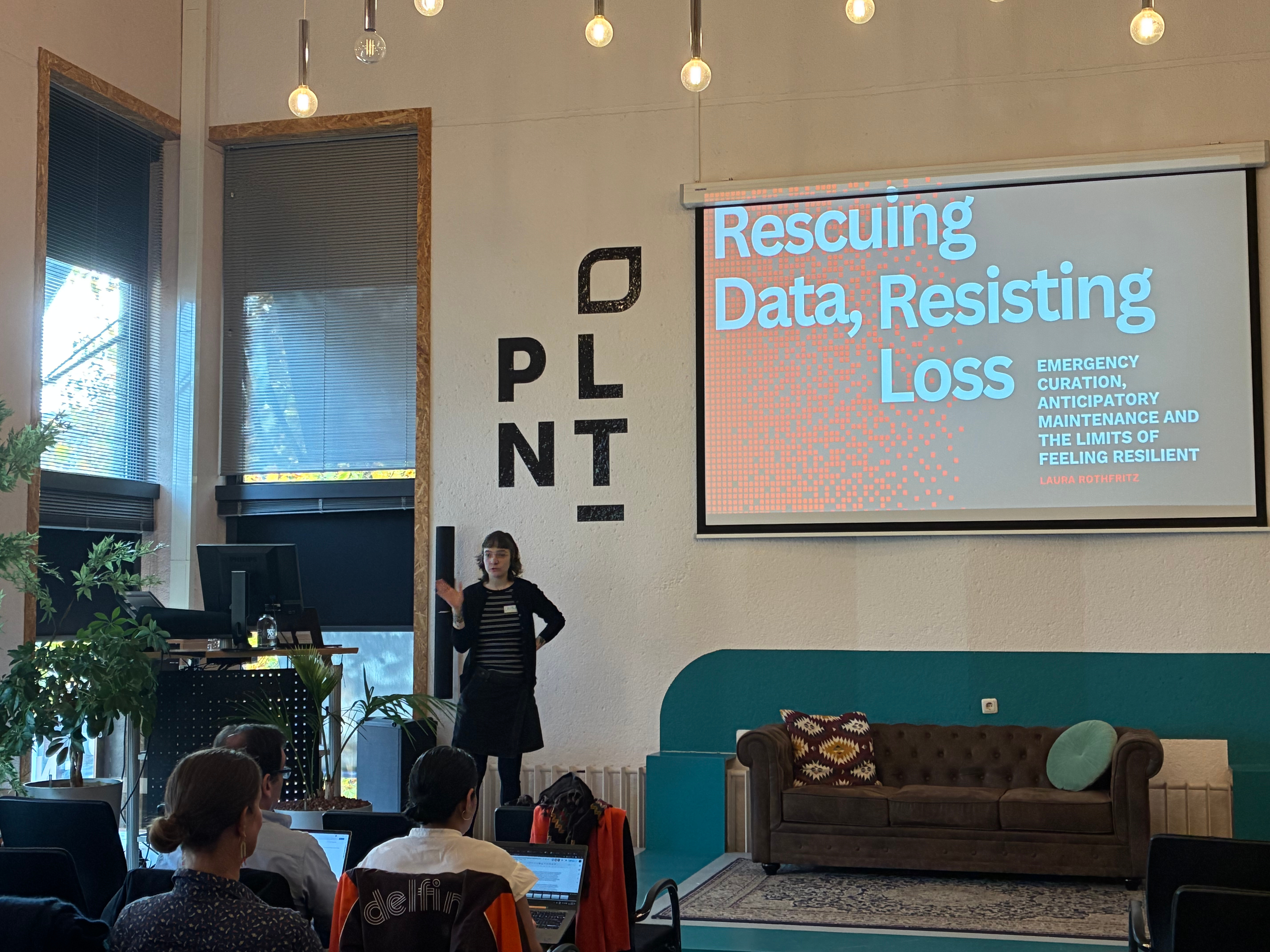Ein Bericht von Linda Martin, Maike Neufend und Renate Voget.
Publicaciones de Rogue Scholar
This blog is part of a series on ‘the Politics of Food and Technology’, in collaboration with the SOAS Food Studies Centre. All of the blogs in this series are contributions made at the International Humanitarian Studies Association (IHSA) Conference in Istanbul-Bergen, October 2025, to the panel with a similar title.

I have always been interested in the extremes of galaxy properties, especially to low surface brightness (LSB). LSB galaxies are hard to find and observe, so they present an evergreen opportunity for discovery. They also expose theories built to explain bright galaxies to novel tests. Fundamental properties of galaxies include their size and luminosity.

Yesterday I renamed the Front Matter blog to blog.front-matter.de, i.e. changing the top-level domain from .io to .de. I did this for two reasons: * The internet country code top-level domain .io has a complicated history, and I wanted to migrate away from it for some time.
Some quick notes based on experiments with Model Context Protocol (MCP) and (Claude](https://claude.ai). Model Context Protocol (MCP) is all the rage right now, and I’ve been slow to take a look. Kingsley Idehen recently wrote The Semantic Web Project Didn’t Fail — It Was Waiting for AI (The Yin of its Yang) where he argued that Large Language Models (LLMs) provide (finally) a user-friendly way to query triple stores (i.e., knowledge graphs).

The global malaria response is currently navigating a convergence of crises. Epidemiologically, the reduction in mortality has plateaued. Biologically, threats from Anopheles stephensi and partial artemisinin resistance are accelerating. Financially, the 2025 landscape is defined by a severe contraction in foreign assistance, necessitating a radical optimization of resources.

✒️ Editor's Note: Today's guest post was written by Catharina Sänger . With a curious mind and a passport full of lab stamps, Catharina has explored science across the globe. She studied Biochemistry in Frankfurt, Germany, including research projects in Boston and Melbourne, before moving toward Molecular Biology for her PhD at ETH Zurich.
Appalachian Figures Hardy Myers is usually remembered as Oregon’s long serving attorney general, the lawyer who helped defend the state’s Death with Dignity Act at the United States Supreme Court and who made consumer protection and open government central to his office. Less well known is that his story begins in a company lumber town on the edge of the southern Appalachians.

The Frankfurt Book Fair is the largest book fair in the world, and therefore a key event on our calendar. Held annually in Frankfurt, Germany, the 77th Frankfurt Book Fair (October 15–19, 2025) saw 118,000 trade visitors and 120,000 private visitors from 131 countries.

On November 6 2025, we participated in the Workshop “Resilience in Times of Crisis: Strengthening Open Science Against Geopolitical Pressures” at the CWTS in Leiden. The workshop made reference to the UNESCO Recommendation on Open Science (UNESCO 2021), which presented an extensive and inclusive vision for Open Science when they were published in 2021.

I am pleased to announce that my book Scholarly Publishing in Transition is now available Open Access under https://dx.doi.org/10.22028/D291-46556 You can find an overview of the book here:https://pulse49.com/scholarly-publishing-in-transition/ I hope the Open Access edition will make the text more widely useful, and I appreciate every comment, share, or recommendation.